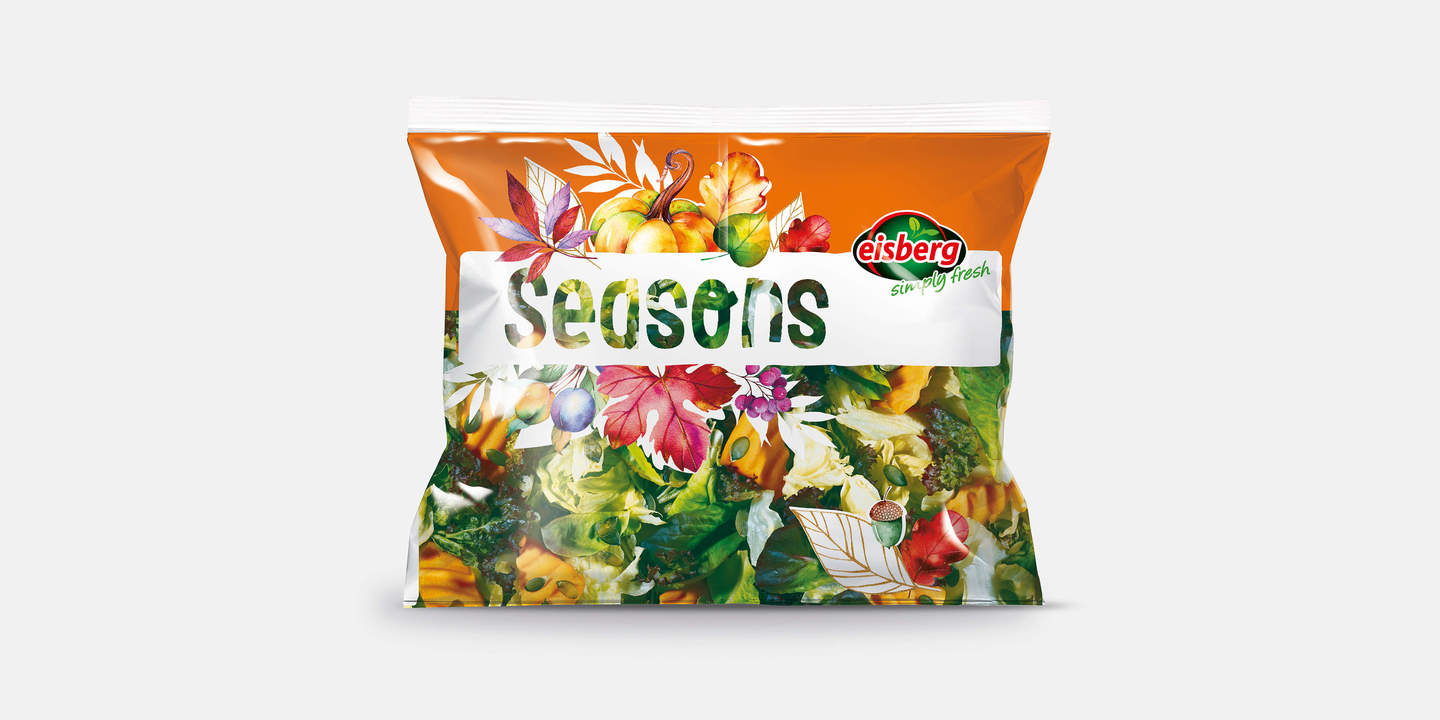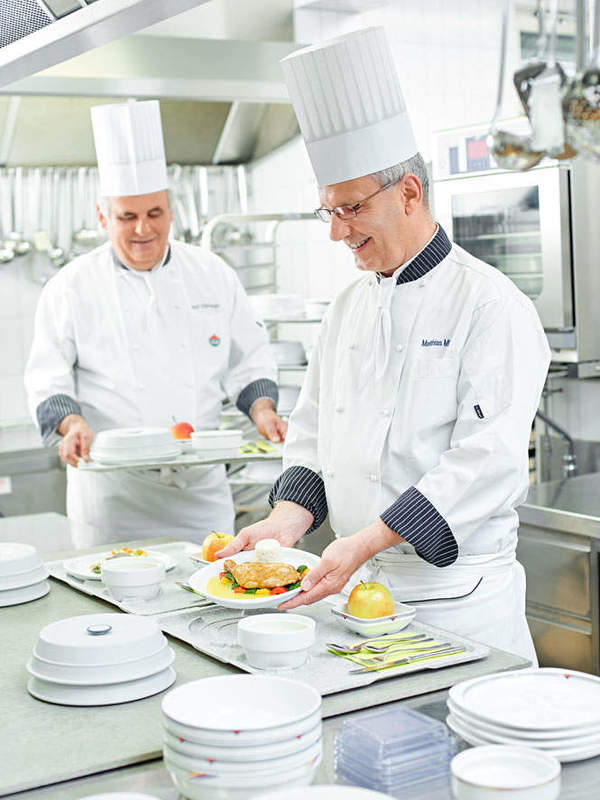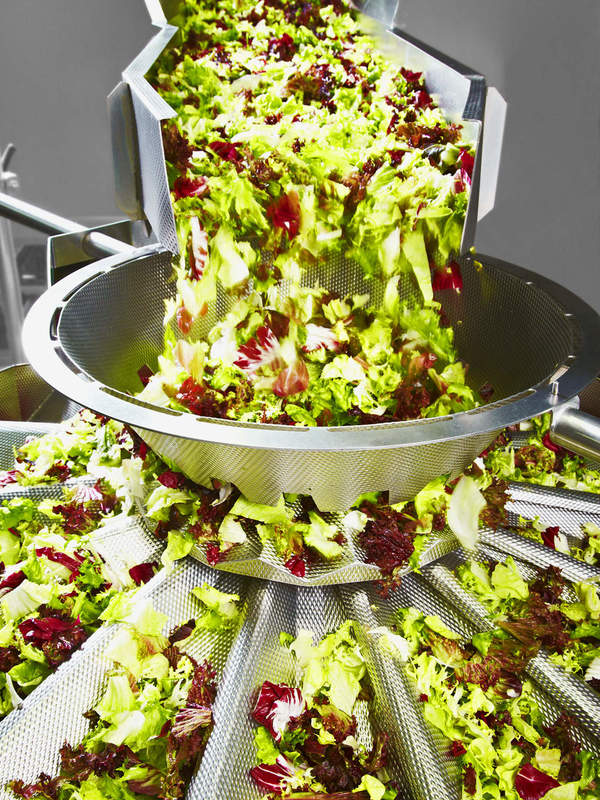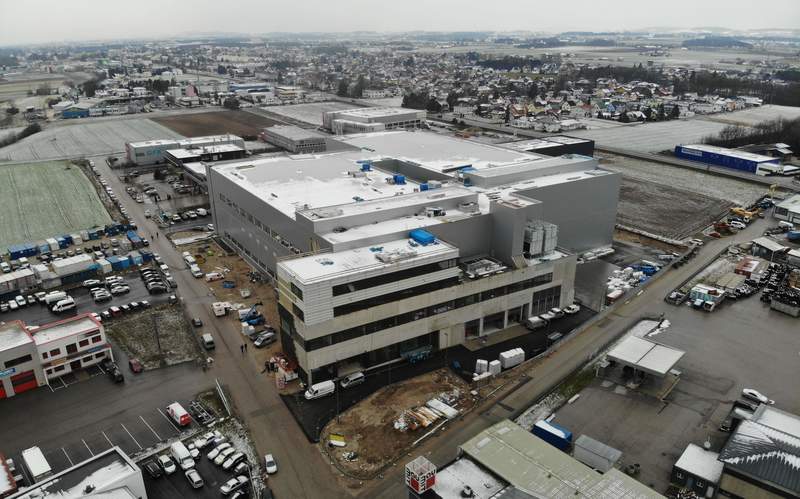Convenience: The long-term trend
The declared goal of the Bell Food Group is to continue to grow in the convenience sector. The division already accounts for around a quarter of the group sales. And since the industry continues to boom, it still offers a great development potential. The new manufacturing plant in Austria will further strengthen Bell’s market position in this segment.
While housekeeping was still a full-time job for earlier generations, today practical aides relieve people of many tasks. While the programmed washing machine or the smart robotic vacuum cleaner do the housework, their owners can do other things. Accomplishments that have played a decisive role in shaping the current lifestyle. Another area in which things are now much faster and more comfortable than they used to be is nutrition. Modern convenience products make preparation easier or can be consumed immediately. They are thus perfectly suited to the changing circumstances in which less and less time is left for cooking and more people eat outside the home.
The Bell Food Group recognised the signs of the times very early on. From 1913 Bell was already producing ready-to-eat canned meat and sausages. In the 1930s, Bell was one of the first companies ever to offer so-called «catering products», i.e. prepared meals, salads or sandwiches, in its butcher’s shops.
Other members of the Bell Food Group can also look back on a long tradition of developing convenience foods. Hilcona, for example: started in 1935 with canned food, the Liechtenstein company opened up a whole new market in the 1980s with fresh pasta products. The Hügli convenience story also began in 1935 with the invention of the first industrially produced stock cubes. And Eisberg has already been around for more than four decades, during which the company has made it easy for its customers to eat healthily with crunchy freshness in a bag.
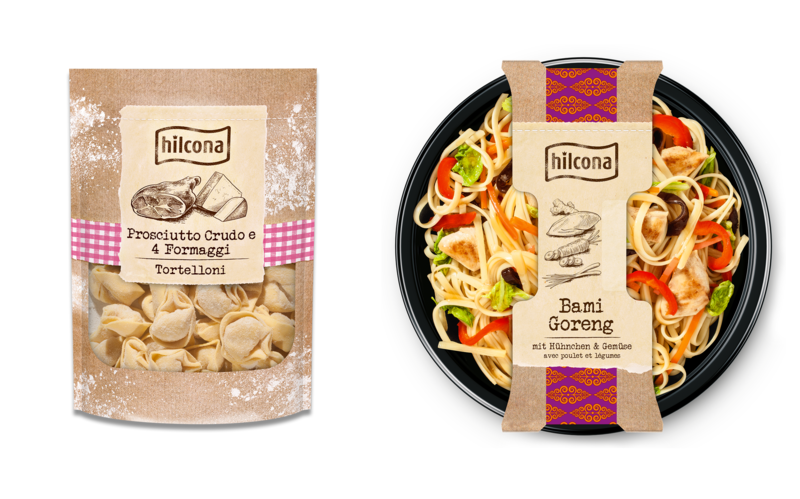
With the merging of these companies, the Bell Food Group has continuously strengthened its presence in the high-growth, high-margin convenience food sector in recent years and further expanded its presence in European markets. Today, the entire group sells more than 180,000 tons of convenience products. This means that it ensures around a quarter of the group sales in this segment.
The Bell Food Group’s product portfolio has achieved better range and depth in recent years as a result of its expansion. The range now extends from meat products to sandwiches, pasta and salads to soups, spices and desserts. The product groups can be classified in different ways. One of them is the shelf life. The Bell Food Group distinguishes between long-life products such as soups, spices and sauces, fresh products such as pizza and pasta and very fresh products such as fresh-cut salads and vegetables. Another differentiating feature is the degree to which the food is prepared. Designations such as «ready to prepare», «ready to cook» and «ready to eat» or «ready-to-use», «ready-to-heat» and «ready-to-eat» indicate the extent to which the food still has to be processed before the customer can enjoy it.
When developing new convenience ranges, Bell Food Group companies are always very close to current trends. Whether superfood ingredients, new cooking processes such as slow cooked or authentic products that look like handmade - the Group’s innovations are always tailored precisely to the wishes of its customers.
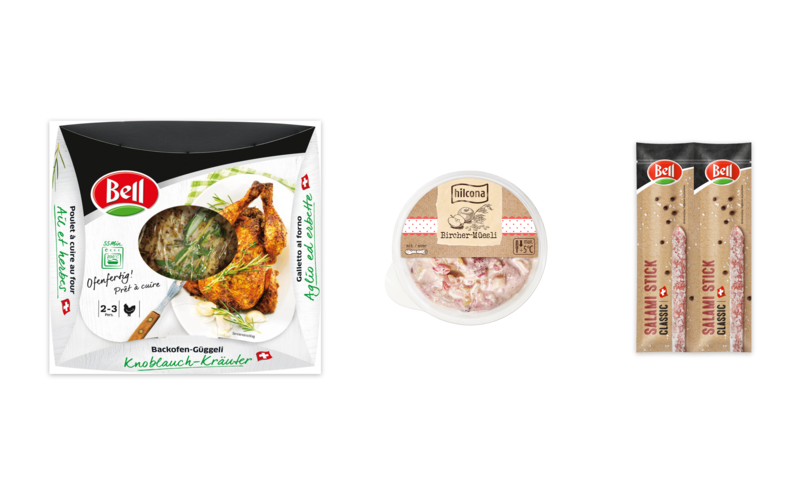
One focus is on the food service sector, where new concepts are in demand due to a shortage of skilled workers and efficiency enhancement programmes. Canteens in hospitals and schools, for instance, are already increasingly focusing on the use of ready-to-eat meals that need only to be warmed up on site. Bell companies can help shape the future in such «kitchens without a cook» with innovative convenience solutions.
The Bell Food Group keeps on being committed to achieving further organic and acquisitive growth in this segment and to expanding its leading role throughout Europe. A milestone in this regard is the launch of the new Eisberg manufacturing plant in Aus-tria. In addition, the opening of a site for fresh convenience food in Germany is currently being examined in order to increase activity on the German market.
The Bell Food Group is thus continuing the pioneering spirit with which the founding generations built up the company and will continue to benefit in the coming years from the great potential that the Group now possesses with its wide-ranging competencies.
